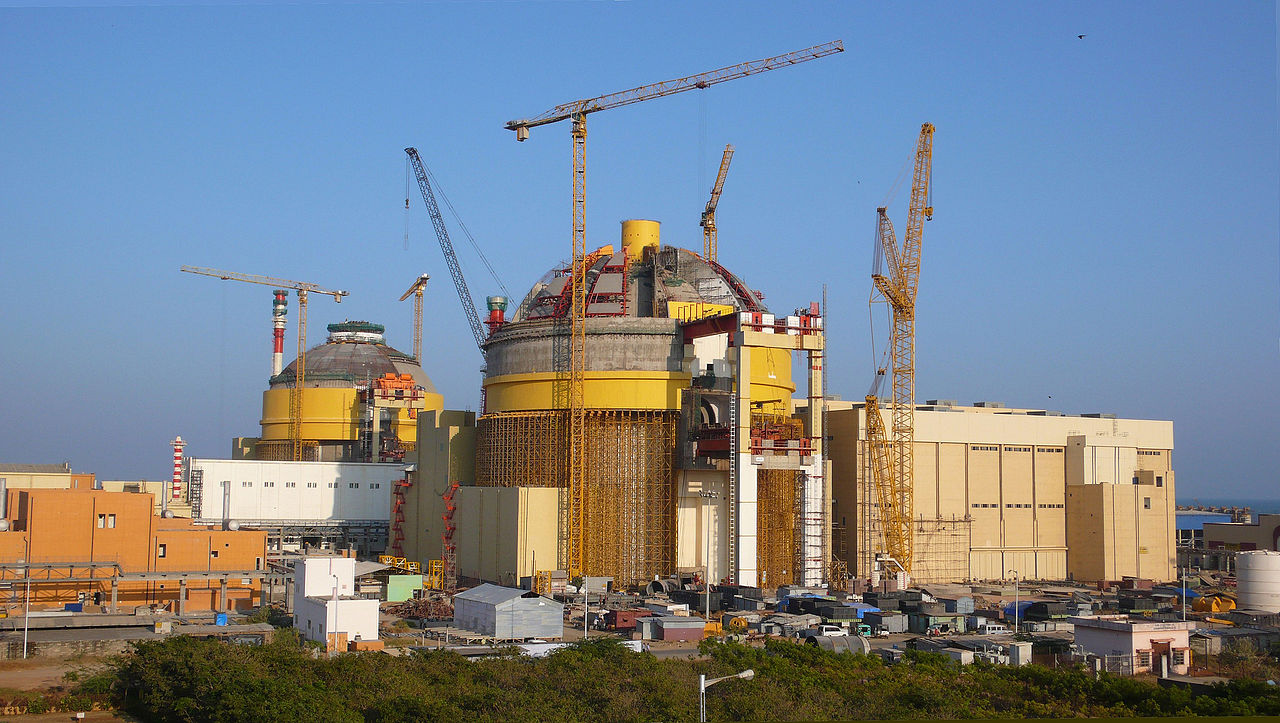
By Shakir Baacha
The recent Indo-Australian uranium deal has vitiated the South Asia security environment. The deal came at a time once Moscow had ceased its uranium sales pact with New Delhi. India is the first Non-NPT signatory to buy uranium from Australia – a clear violation of international and longstanding Australian norms. The uranium deal will be under IAEA safeguards. However, it will remain meaningless, as there is a strong possibility that India can use its domestic uranium stocks for weapons production. Recently, commercial satellite imagery showed that a building at its secret Rare Metals Plant near Mysore in Karnataka has been extended.
The current Australian uranium export policy is tantamount to ridiculing the rights of NPT states that have exercised restraint in building weapons. This is an interesting trend where NPT members are involved in proliferation with a state that is not party to the treaty – welcome to the old world of geo-economics and realpolitik. Australian laws give assurances that exports of uranium and its byproducts will never help the development of nuclear weapons or its use in offensive military programs. How would they ensure that it does not happen in case of India?
The norm for uranium supply is based on bilateral safeguards agreement. This requires the fulfillment of the minimum criteria of being party to the NPT, with a full scope safeguards agreement with the IAEA, as reflected in the Article III-2 of the Nuclear Non-Proliferation Treaty. The NPT adheres to a promise of not supplying any nuclear material or items to non-nuclear weapon states. India is not a signatory to Non-proliferation treaty but a de facto nuclear weapons state by treaty definition.
By these measures, Australia is not only violating the NPT but also in fact supporting India who has proliferation record in the past. Indian first nuclear test was also an act of proliferation and perhaps that’s why they mockingly named it Smiling Buddha, saying that one can acquire the nukes under the disguise of peaceful nuclear purposes. What India did in past is doing today with strong possibilities to do so in the future.
India is producing uranium domestically which can be spared out for destructive capabilities after surplus supply of uranium all the way from Australia. Hence forth, Australia is not only going to be an equitable partner but accountable too in the Indian nuclear expeditions.
Indian safety regulations are not under the scrutiny of international standards and practices but domestic nuclear liability laws, which is actually a contentious one for many to adhere. The non-proliferation record of India, its past experiences of fuel cycle and nuclear substance safety further jeopardizes the overall safety regulations. On the other hand, South Asia is a very hostile and dynamic region in its own parameters. Furthermore, there does not exist any safe and reliable response to the effects of any potential accident on public and environmental levels along with the lack of legislative measures.
Kudankulam Nuclear Power Plant is being strongly opposed by Indians because of the ignorance of the basic human rights and lack of social welfare in plants areas by relevant stakeholders and government. Indian relevant authorities are far lacking behind the comprehensive measures to safeguard nuclear facilities against the possibility of infiltration or attack and to ensure that nuclear material is safe and secure.
Whatever the discrimination is, the non-proliferation regime is at jeopardy due to such deals. There is a need that global leadership has to avoid discrimination and make the world safer rather than making its worse for living. Nuclear energy is highly demanded in the region but the discriminatory approach will make the region unstable. The region is secured from major wars due to nuclear deterrence. India’s diversion of its domestic stockpiles to weapon program will switch to nuclear arms race.




